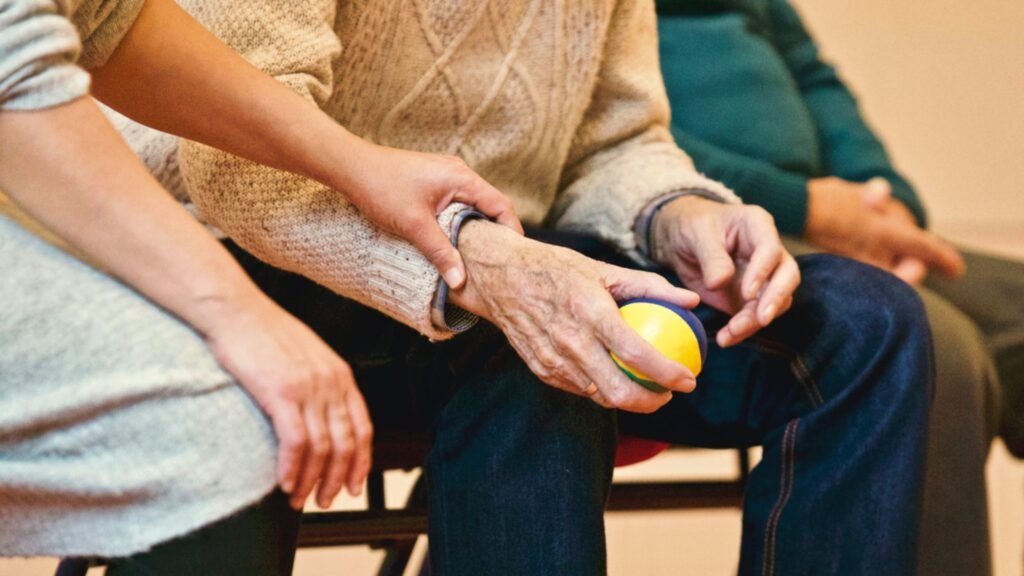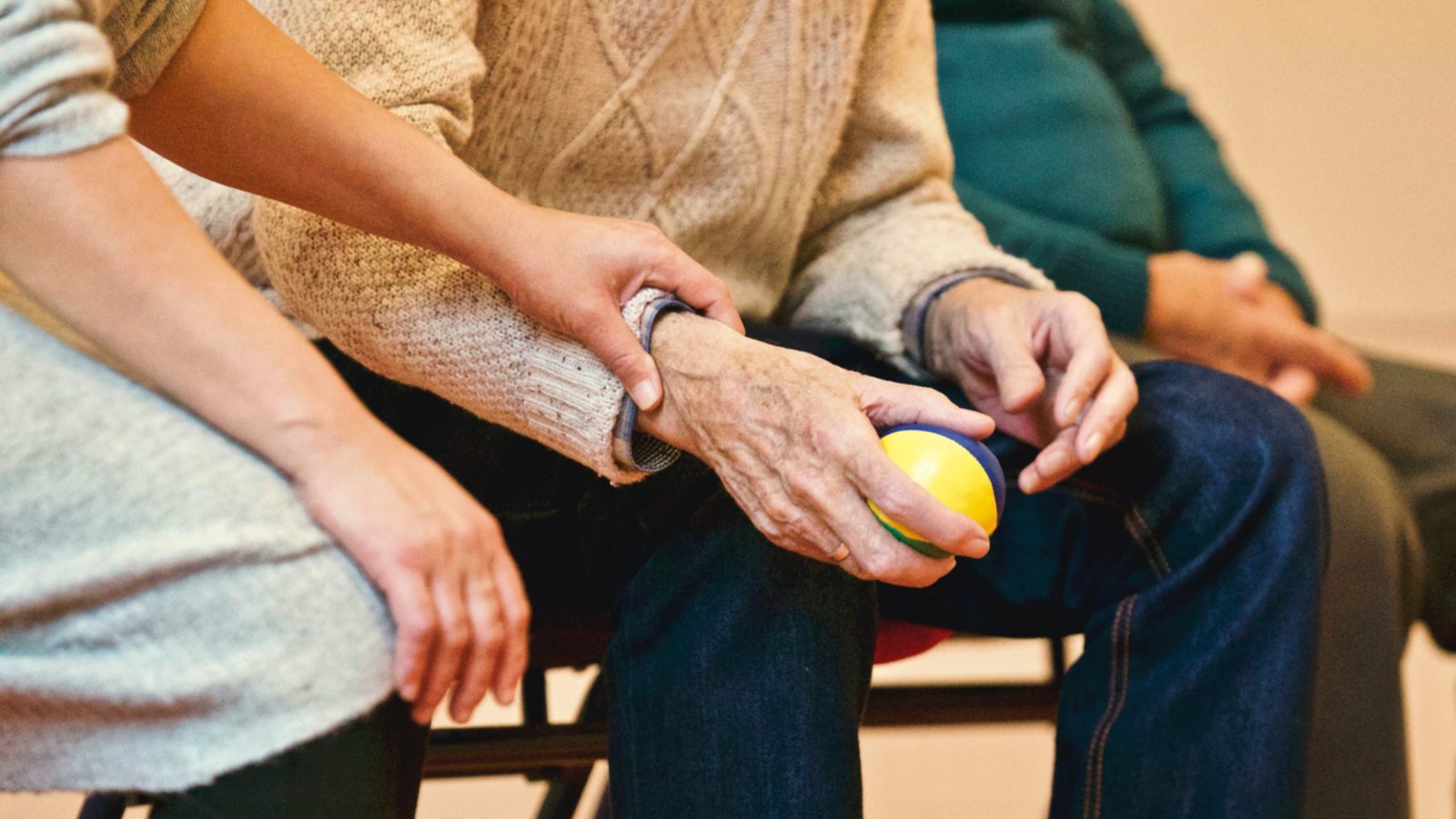The potential for AI in health monitoring for elder care is promising, but several considerations need attention before widespread adoption.
How easily seniors can use AI tools:

The integration of Artificial Intelligence (AI) in health monitoring for elder care presents promising prospects, but it also requires meticulous attention to various considerations before widespread adoption. This article explores the pivotal factors that need addressing to harness AI’s benefits effectively in elder care.
1. Accuracy and Reliability:
Ensuring the accuracy and reliability of AI health monitoring systems is paramount. These systems must interpret health data with precision to recognize patterns accurately. Reliability in diagnosing health conditions or changes in elderly individuals is crucial to avoid false alarms or overlooking critical issues.
2. Privacy and Ethics:
Safeguarding the privacy of health data is imperative in AI-driven health monitoring. Compliance with stringent regulations to protect sensitive information is non-negotiable. Ethical considerations, including obtaining consent for monitoring and preserving the dignity of the elderly, must be meticulously addressed.
3. User-Friendly Interfaces:
AI monitoring systems must feature intuitive interfaces for both caregivers and the elderly. The technology should seamlessly integrate into existing healthcare workflows, facilitating easy interaction and understanding for elderly individuals. Real-time data analysis should enable swift decision-making, supported by robust security measures to safeguard patient privacy.
4. Integration with Healthcare Providers:
Seamless integration of AI monitoring systems with healthcare providers is essential for effective care. Real-time data analysis empowers healthcare professionals to make informed decisions promptly. Prioritizing user-friendly interfaces and interoperability streamlines workflow for healthcare teams, fostering a collaborative and responsive approach to patient care.
5. Continuous Improvement and Adaptability:
AI systems should continuously learn and adapt to evolving health conditions and individual patterns. Regular updates and improvements in algorithms are crucial for accurate and relevant monitoring. This dynamic approach refines the precision of predictions and fosters a personalized healthcare experience, ultimately contributing to improved patient outcomes and well-being.
Conclusion:
While the potential benefits of AI in elder care health monitoring are significant, meticulous implementation and thorough testing are imperative to ensure readiness and effectiveness. Balancing innovation with ethical considerations, transparent communication, user-friendly interfaces, and ongoing collaboration are crucial for successful integration. Understanding the ease with which senior citizens can use AI tools further enhances their adoption, ultimately improving the quality of care for elderly individuals.




